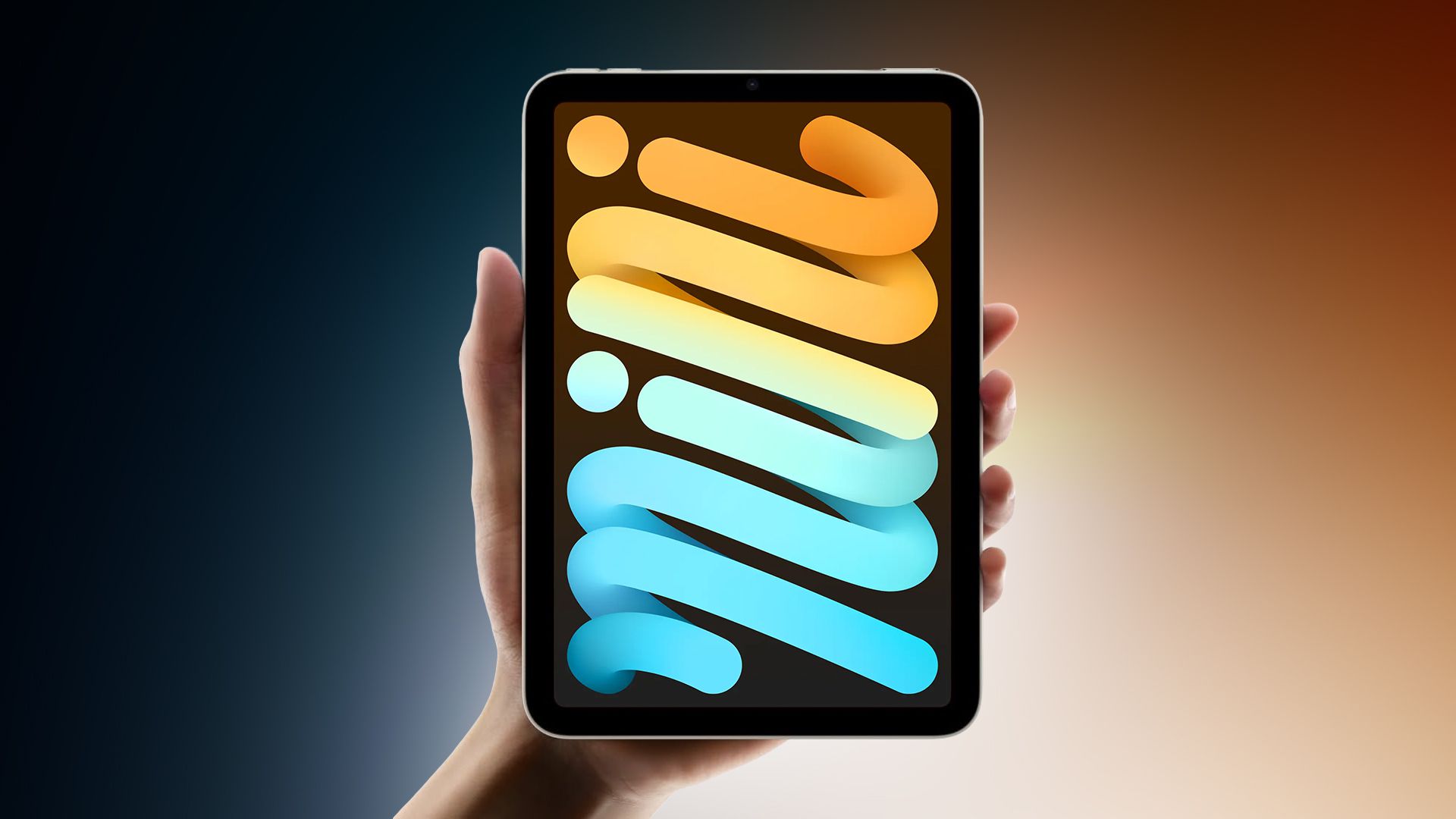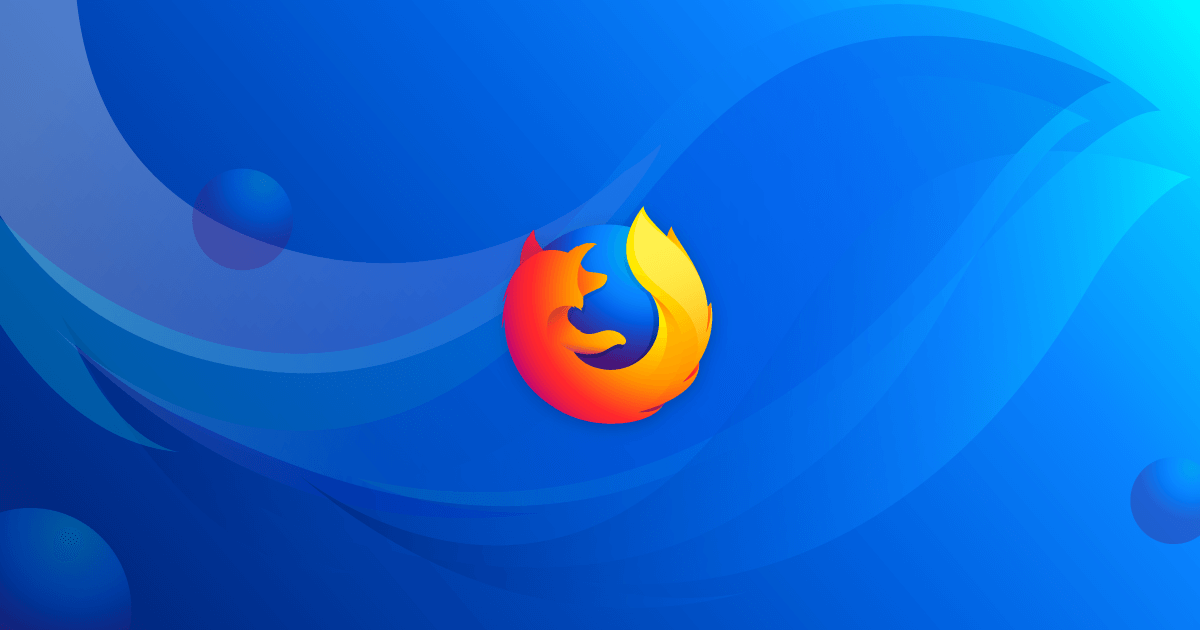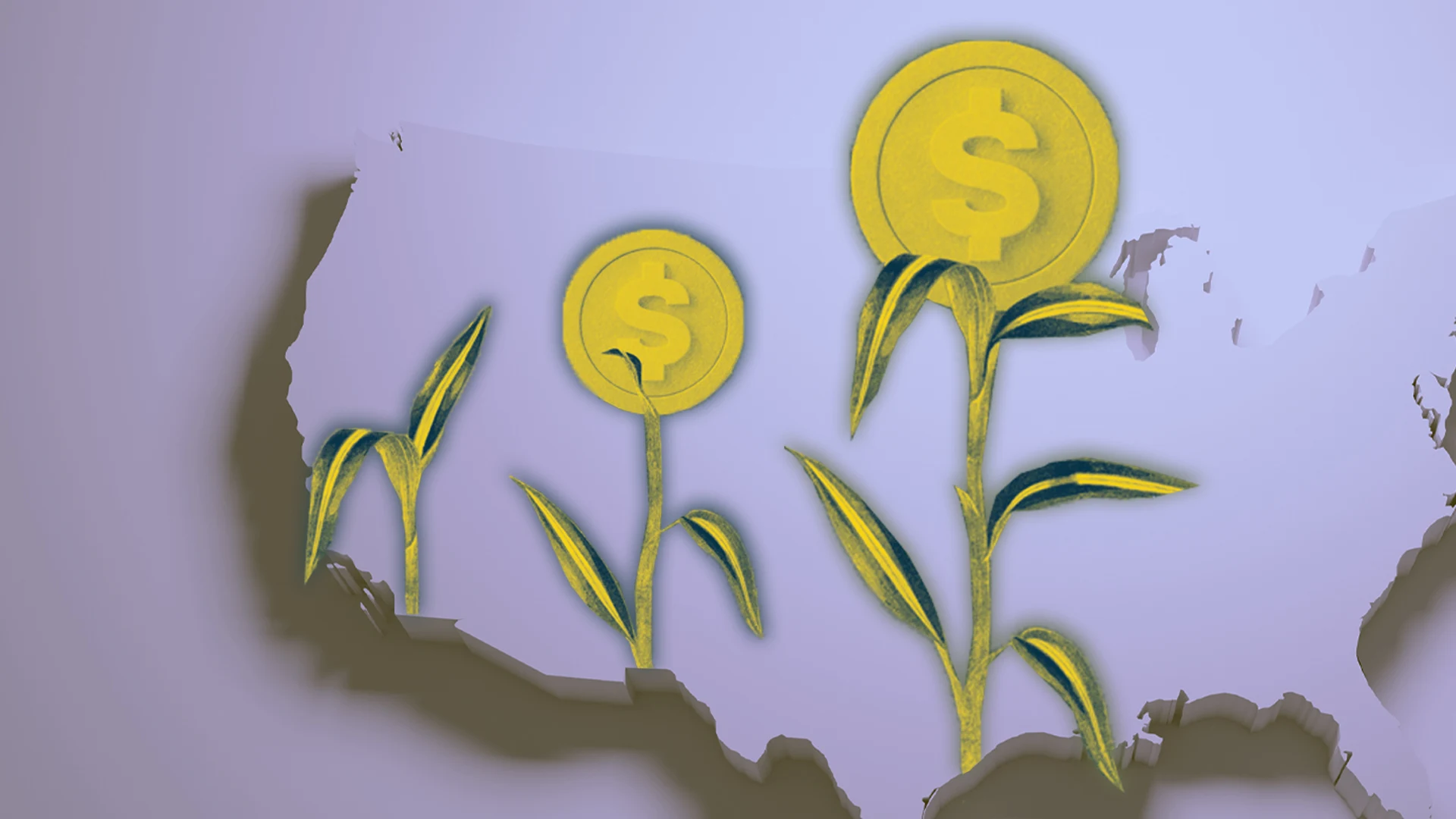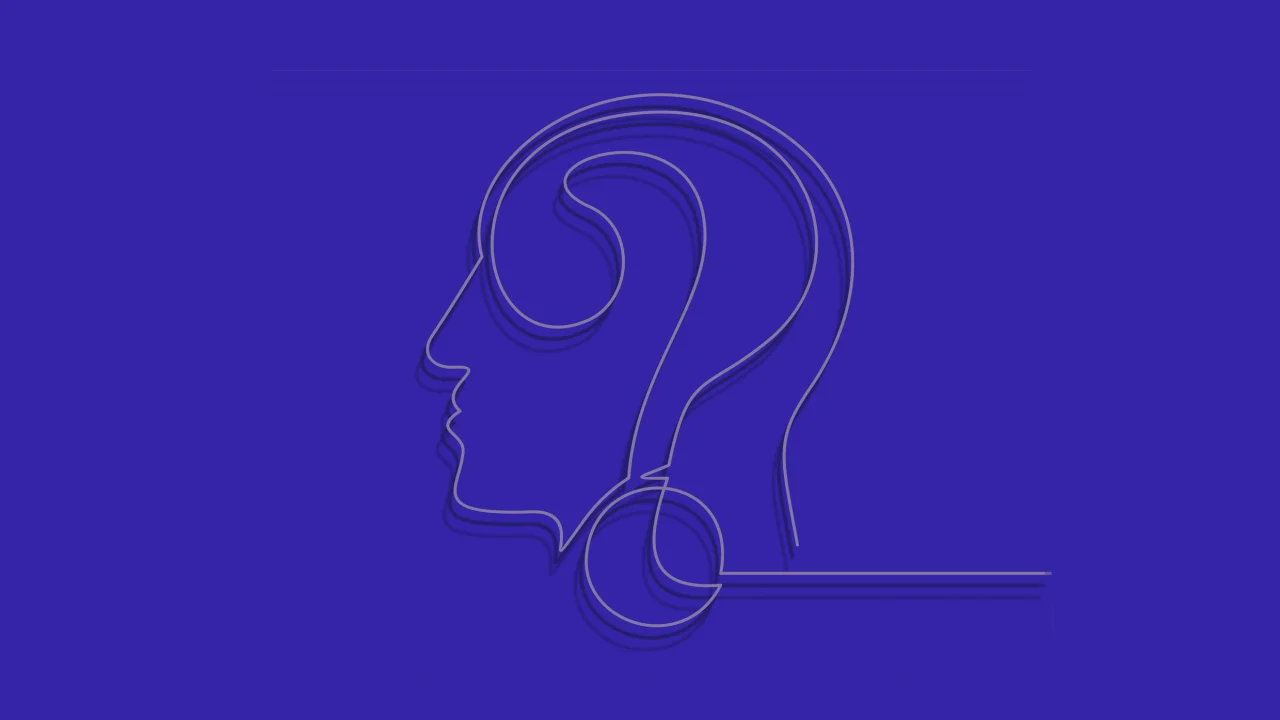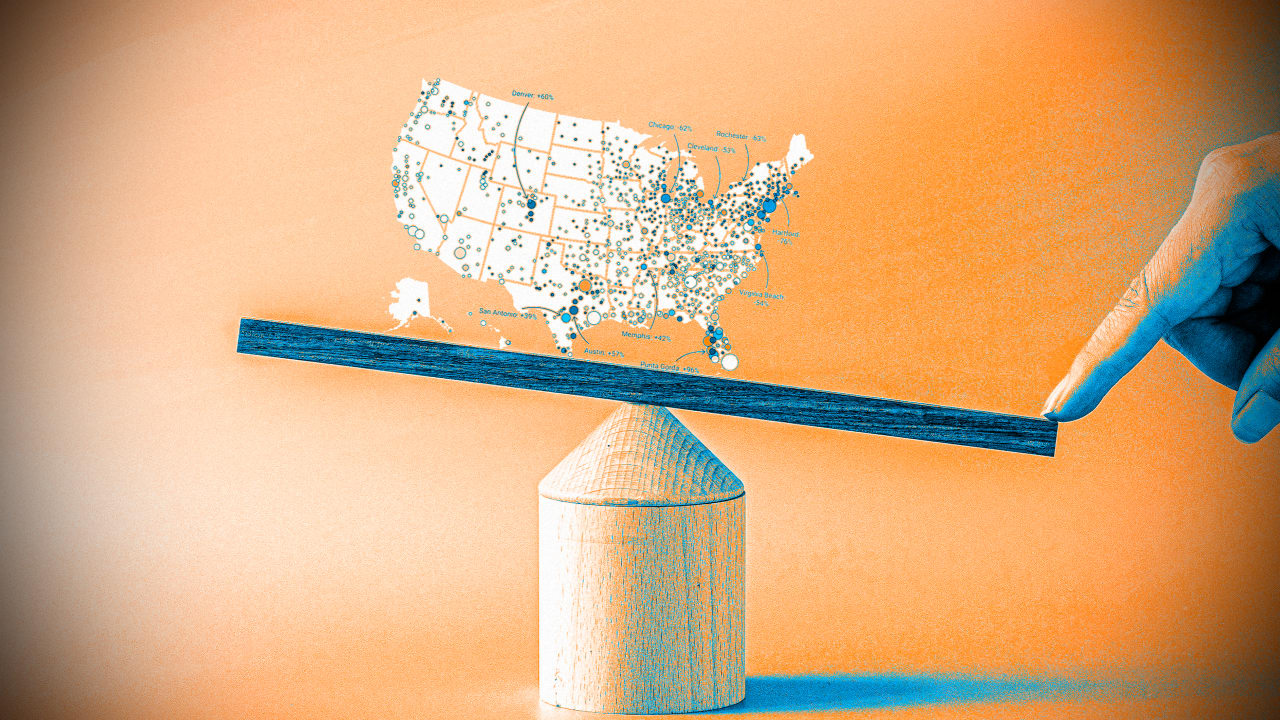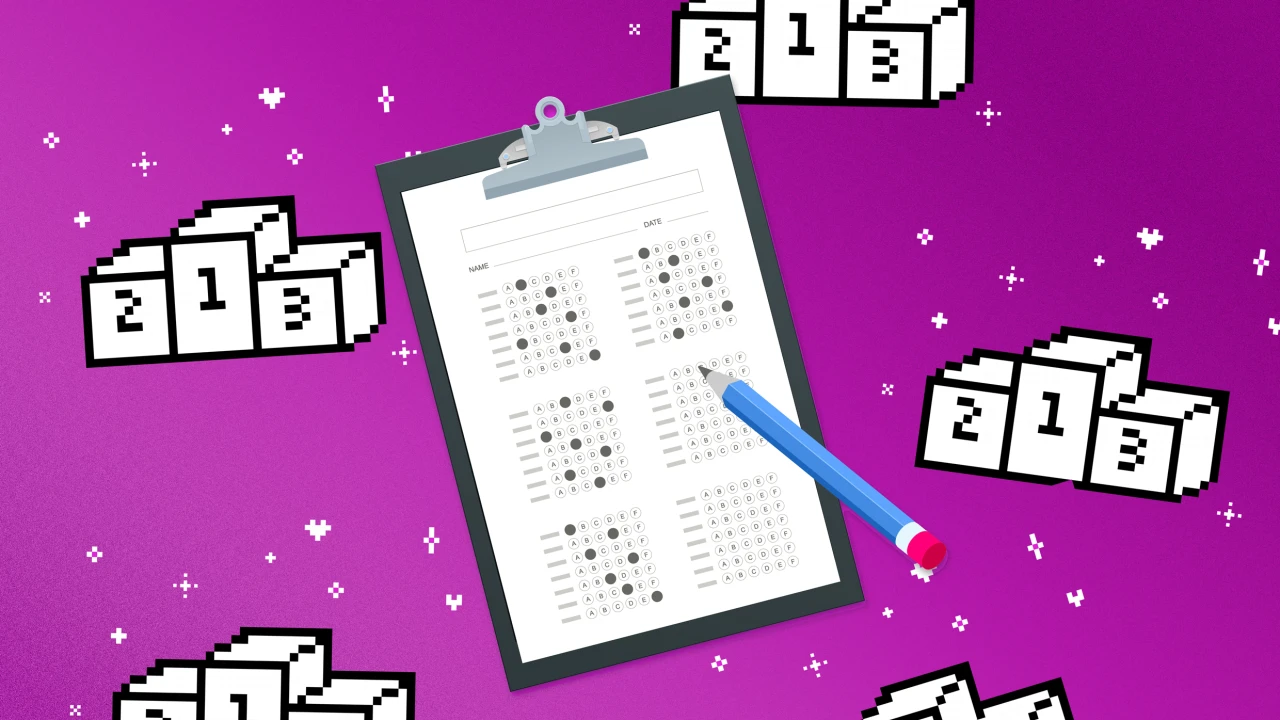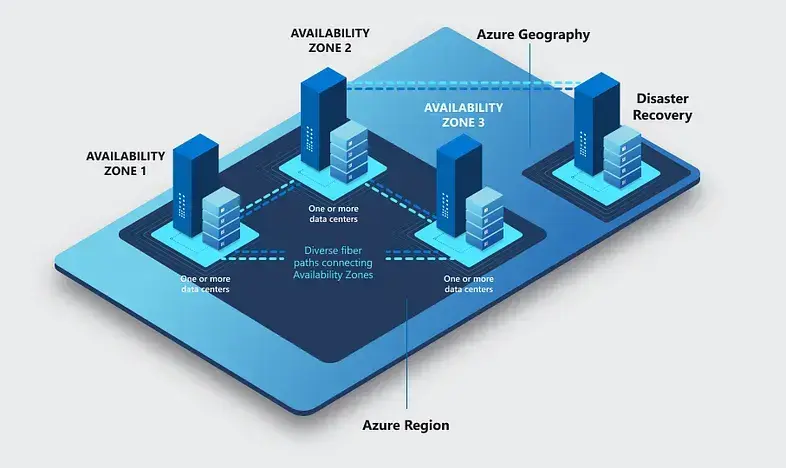Is AI really something anyone can use?
Just a personal reflection on AI and how we relate to it. Not a claim or conclusion—just something I’ve been thinking about. With alcohol, we say: "Don't drink too much." With gambling: "You're responsible for your own choices." With social media: "It depends on how you use it." All of these share an unspoken assumption: If you can't control it, maybe it's best not to touch it. But with AI, it’s increasingly being framed as something everyone should adopt— as if it’s universally safe and socially essential. I find that a little strange. To me, the addictive nature of AI—and how deeply it can shape our thinking and personality— feels even more powerful than alcohol or mobile games. People often talk about the "digital divide." But I’ve started to wonder if what seems to be the real issue isn’t access, but something deeper: a gap in meta-cognitive skills— the ability to recognize when you’re being influenced, and to what extent. For example: Where does your own thinking end, and where does AI’s influence begin? How much reliance is okay, and when does it become a red flag? Very few people—maybe only a small group of highly self-aware users—can answer that. In fact, I sometimes feel that the more intelligent or capable someone is, the more likely they are to fall into the pattern. (Not a claim—just something I’ve noticed.) So maybe what we really need isn’t “AI for everyone,” but a way to recognize who should use it, and who might be better off keeping some distance. It’s a difficult question. But it’s one I want to keep thinking about.
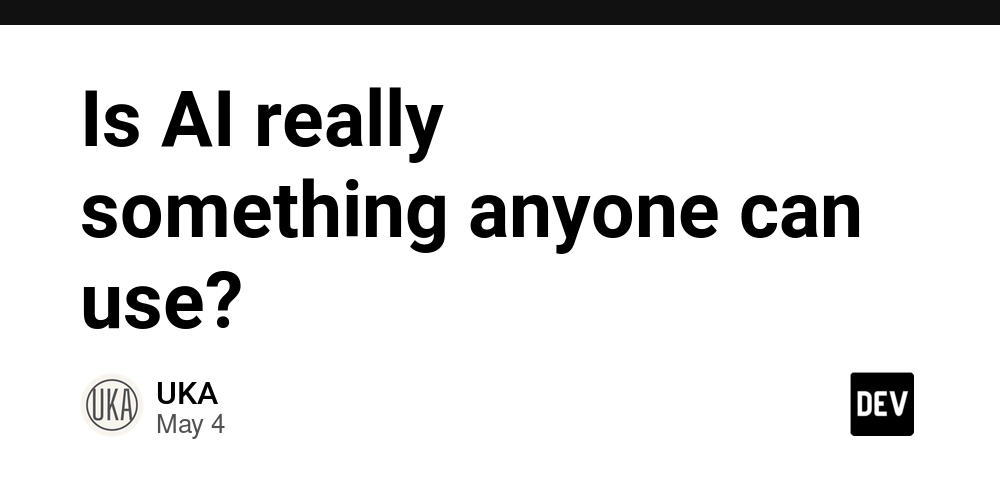
Just a personal reflection on AI and how we relate to it.
Not a claim or conclusion—just something I’ve been thinking about.
With alcohol, we say: "Don't drink too much."
With gambling: "You're responsible for your own choices."
With social media: "It depends on how you use it."
All of these share an unspoken assumption:
If you can't control it, maybe it's best not to touch it.
But with AI, it’s increasingly being framed as something everyone should adopt—
as if it’s universally safe and socially essential.
I find that a little strange.
To me, the addictive nature of AI—and how deeply it can shape our thinking and personality—
feels even more powerful than alcohol or mobile games.
People often talk about the "digital divide."
But I’ve started to wonder if what seems to be the real issue
isn’t access, but something deeper:
a gap in meta-cognitive skills—
the ability to recognize when you’re being influenced, and to what extent.
For example:
Where does your own thinking end, and where does AI’s influence begin?
How much reliance is okay, and when does it become a red flag?
Very few people—maybe only a small group of highly self-aware users—can answer that.
In fact, I sometimes feel that the more intelligent or capable someone is,
the more likely they are to fall into the pattern.
(Not a claim—just something I’ve noticed.)
So maybe what we really need isn’t “AI for everyone,”
but a way to recognize who should use it, and who might be better off keeping some distance.
It’s a difficult question.
But it’s one I want to keep thinking about.






































































































































































![[The AI Show Episode 145]: OpenAI Releases o3 and o4-mini, AI Is Causing “Quiet Layoffs,” Executive Order on Youth AI Education & GPT-4o’s Controversial Update](https://www.marketingaiinstitute.com/hubfs/ep%20145%20cover.png)












































































































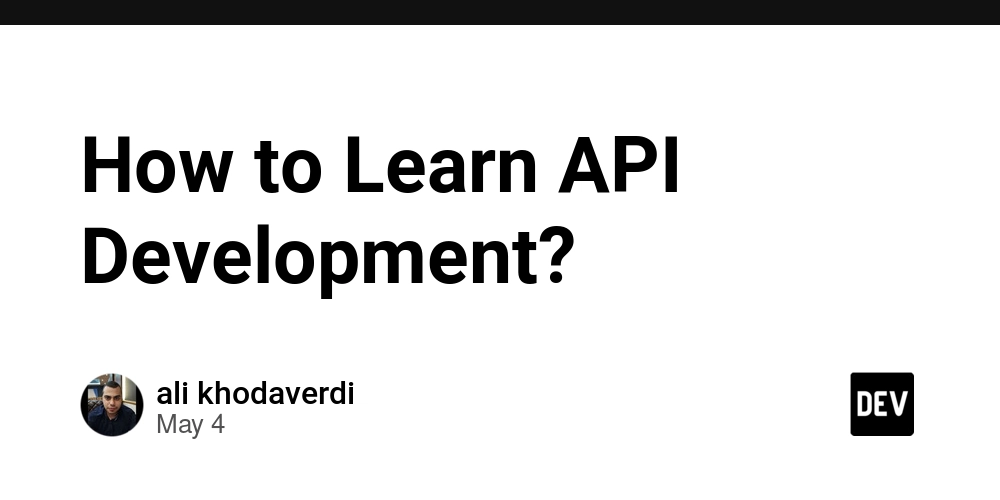
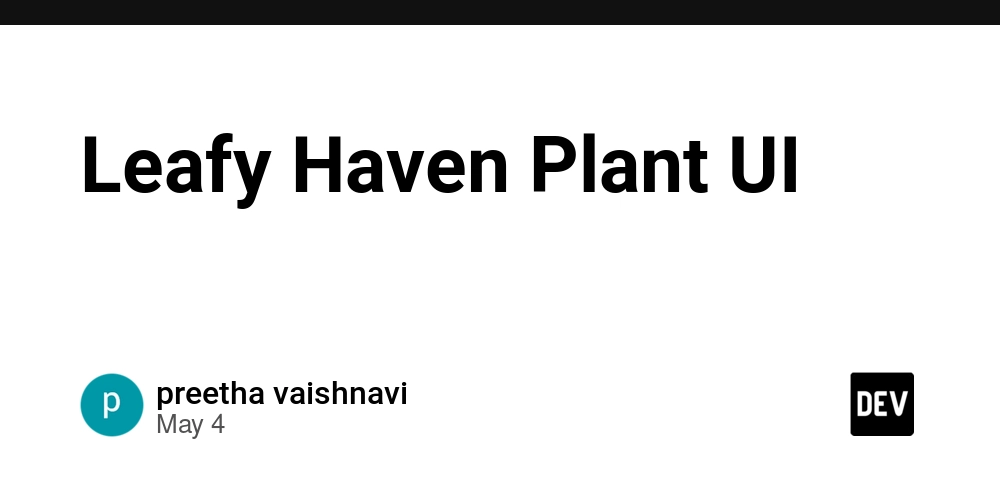













![[DEALS] Microsoft 365: 1-Year Subscription (Family/Up to 6 Users) (23% off) & Other Deals Up To 98% Off – Offers End Soon!](https://www.javacodegeeks.com/wp-content/uploads/2012/12/jcg-logo.jpg)




![From Art School Drop-out to Microsoft Engineer with Shashi Lo [Podcast #170]](https://cdn.hashnode.com/res/hashnode/image/upload/v1746203291209/439bf16b-c820-4fe8-b69e-94d80533b2df.png?#)








































































































(1).jpg?#)































_Inge_Johnsson-Alamy.jpg?width=1280&auto=webp&quality=80&disable=upscale#)


















































































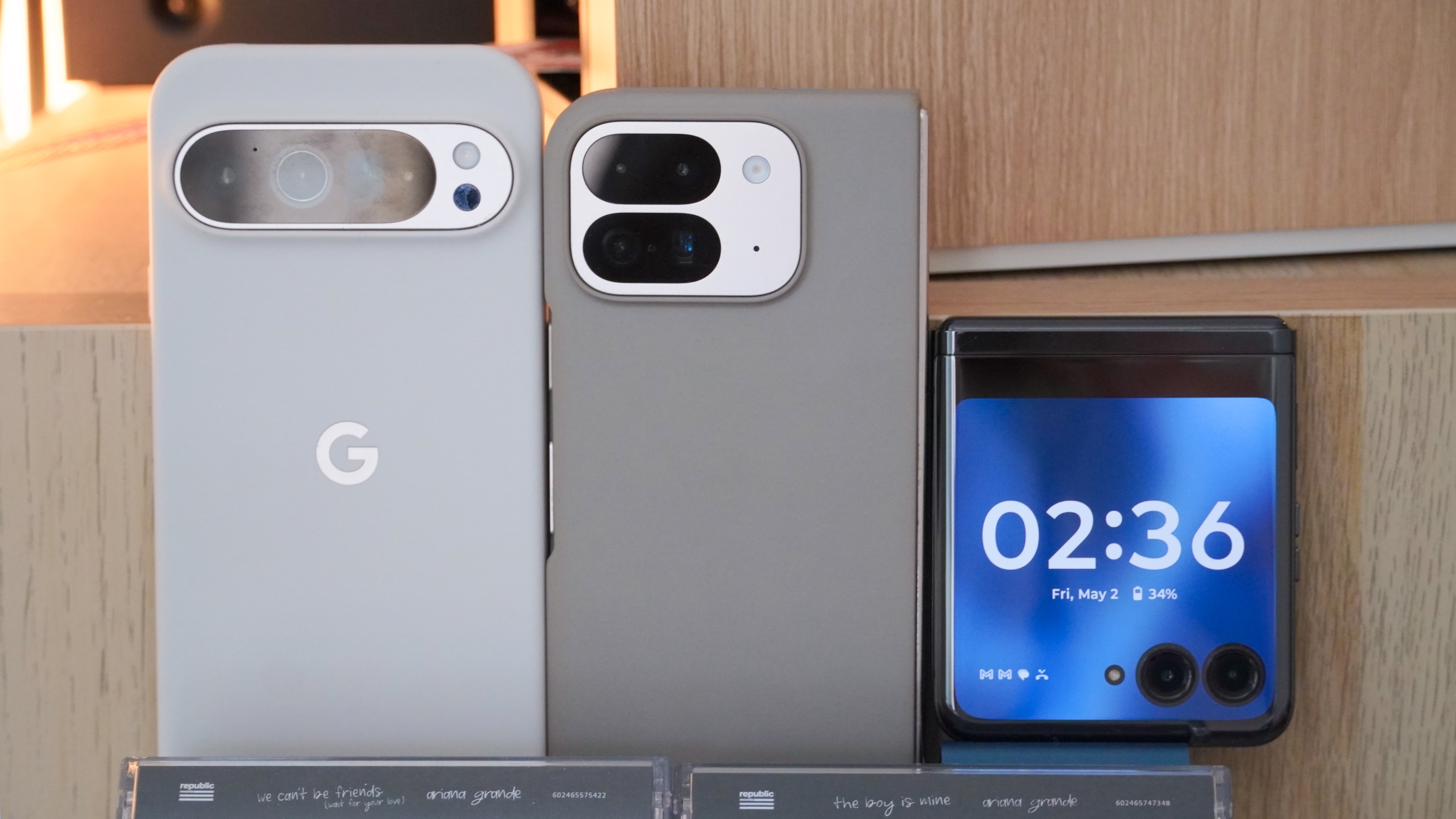

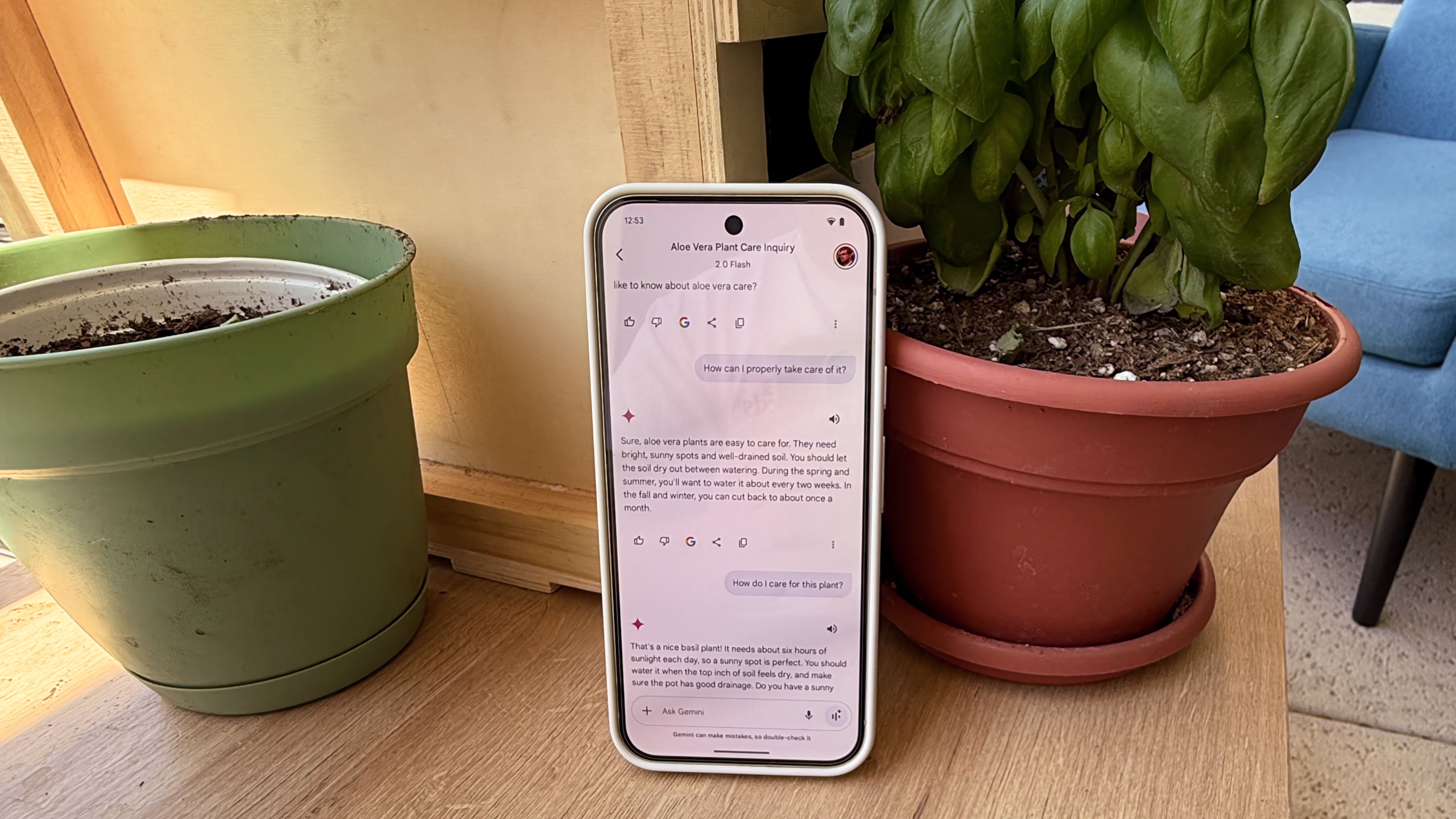


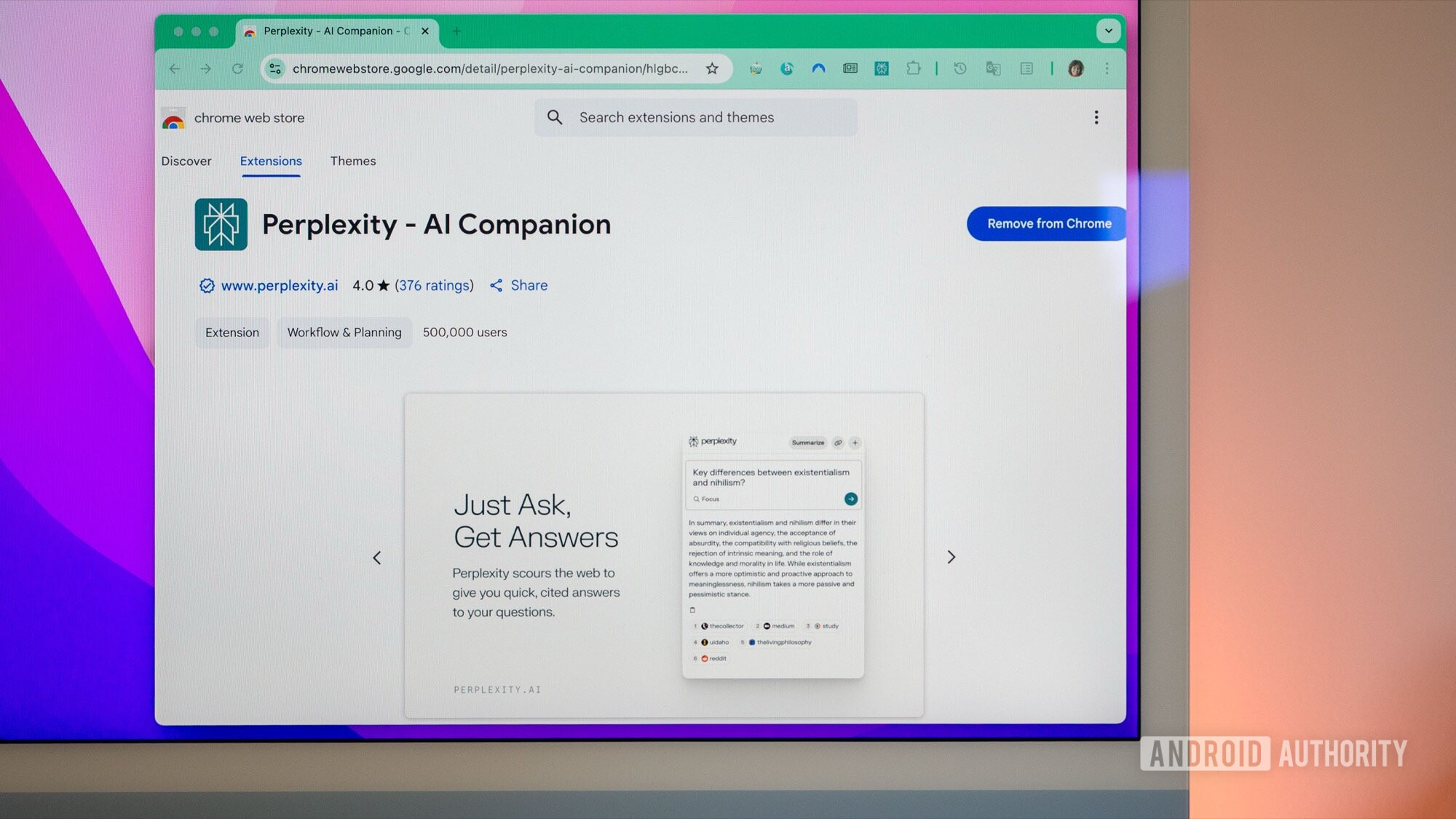




















![Apple to Split iPhone Launches Across Fall and Spring in Major Shakeup [Report]](https://www.iclarified.com/images/news/97211/97211/97211-640.jpg)
![Apple to Move Camera to Top Left, Hide Face ID Under Display in iPhone 18 Pro Redesign [Report]](https://www.iclarified.com/images/news/97212/97212/97212-640.jpg)
![Apple Developing Battery Case for iPhone 17 Air Amid Battery Life Concerns [Report]](https://www.iclarified.com/images/news/97208/97208/97208-640.jpg)
![AirPods 4 On Sale for $99 [Lowest Price Ever]](https://www.iclarified.com/images/news/97206/97206/97206-640.jpg)

















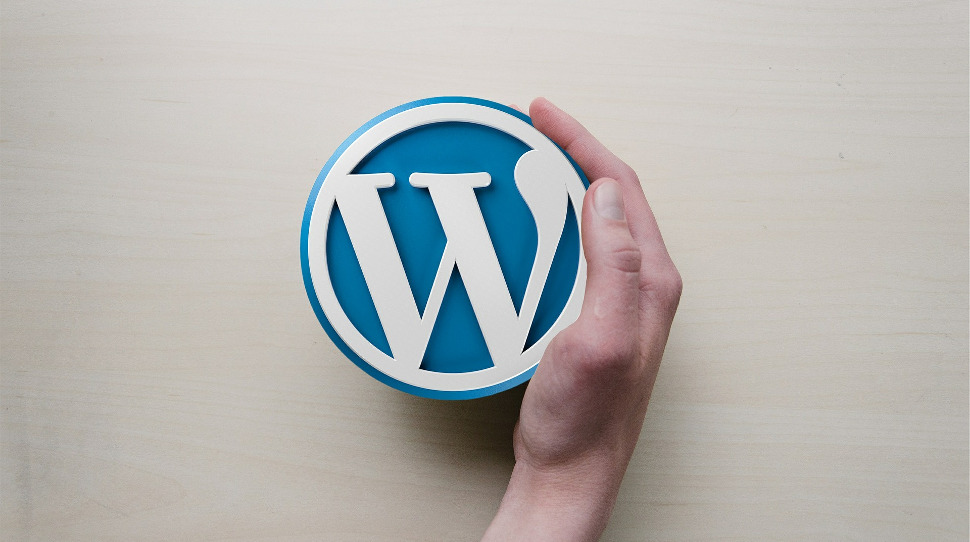















![[Updated] Samsung’s 65-inch 4K Smart TV Just Crashed to $299 — That’s Cheaper Than an iPad](https://www.androidheadlines.com/wp-content/uploads/2025/05/samsung-du7200.jpg)







